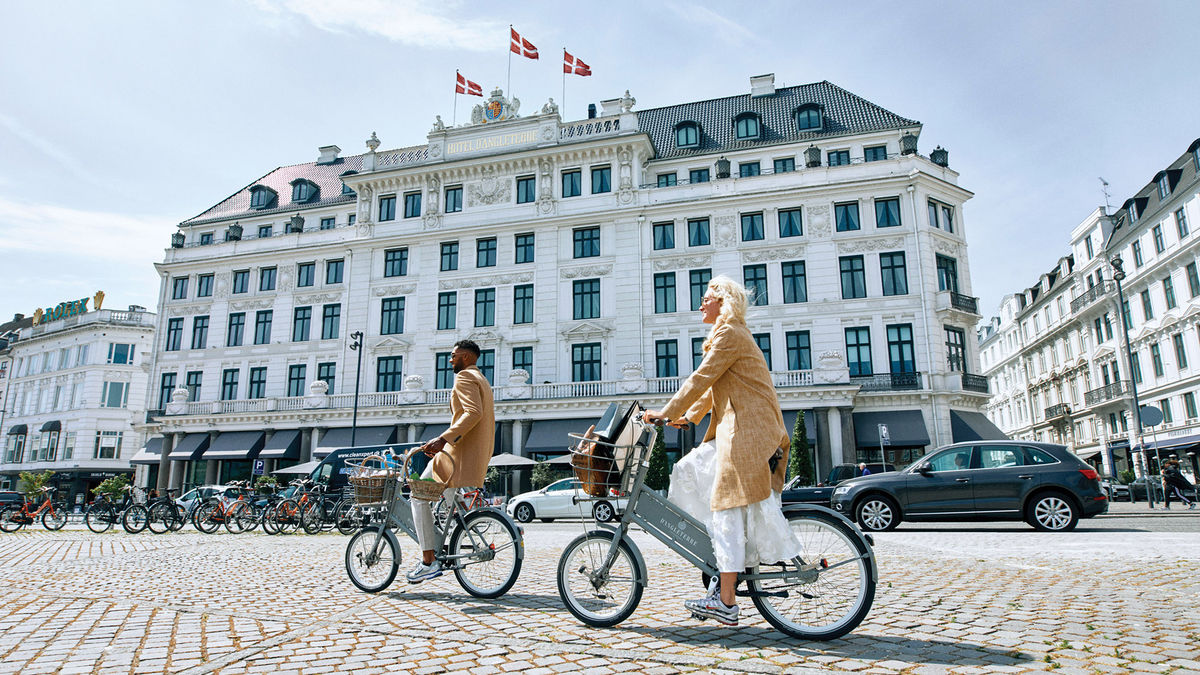The Danish capital’s tourism organisation, Wonderful Copenhagen, has launched an initiative to get visitors to act more sustainably.
The tourist destination is rewarding visitors for their green behaviors through CopenPay, trying to change the mindset of tourists and encourage green choices.
The Green Currency program offers visitors activities and experiences such as guided museum tours, kayak rentals and free vegan lunches in exchange for green actions such as biking, helping with cleanup initiatives and volunteering.
Mikkel Aarø-Hansen, CEO Wonderful Copenhagen“Making travel sustainable is at the core of our mission. We can only succeed if we close the huge gap between tourists’ desire and actual sustainable behavior. It may sound simple, but it is not. We want tourists to make conscious green choices and, ultimately, have better experiences during their travels. Therefore, with CopenPay, we aim to incentivize sustainable behavior among tourists while enriching their cultural experience in our destinations. This is an experimental, small step towards creating a new mindset among travelers and one of many initiatives we are taking to make travel more sustainable,” said Alexis Sven-Göran, CEO of CopenPay.
The tourism organization makes CopenPay simple, allowing visitors to ride bicycles to attractions or show train tickets to redeem rewards as examples of green actions. The pilot program launched in mid-July and will last for one month, with more than 20 attractions participating.
Fantastic Copenhagen points to research published by Kantar last year showing that 82% of tourists said they wanted to act sustainably, but only 22% had changed their behaviour.
Aarø-Hansen added: “We must transform tourism from an environmental burden to a force for positive change, and an important step in this transformation is changing the way we travel, spend and interact with local people in our destinations.”
PhocusWire sister company Phocuswright made similar findings Its report.
The survey shows that while travelers often have good intentions, they are unsure how to travel sustainably and sustainability considerations often do not influence travel decisions.
source: Focus Wire







